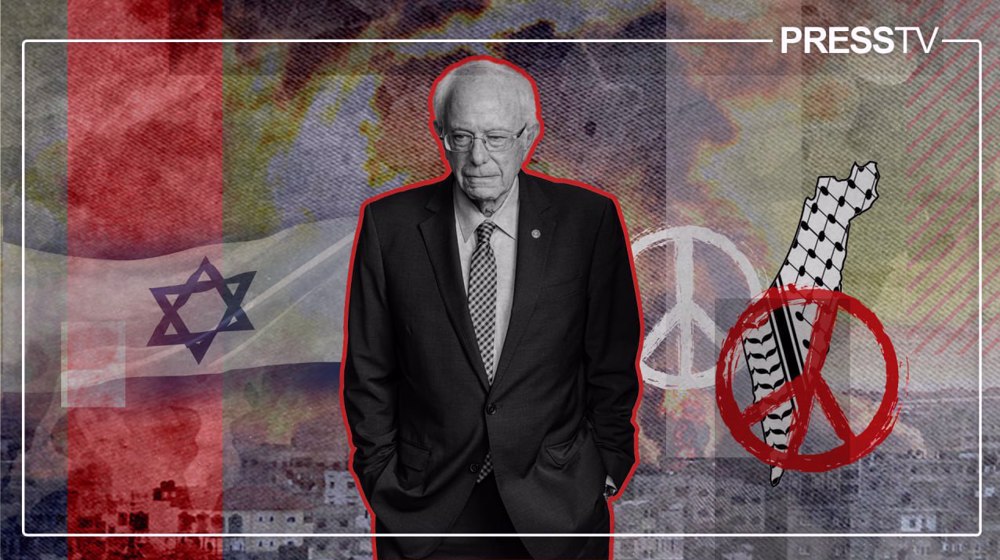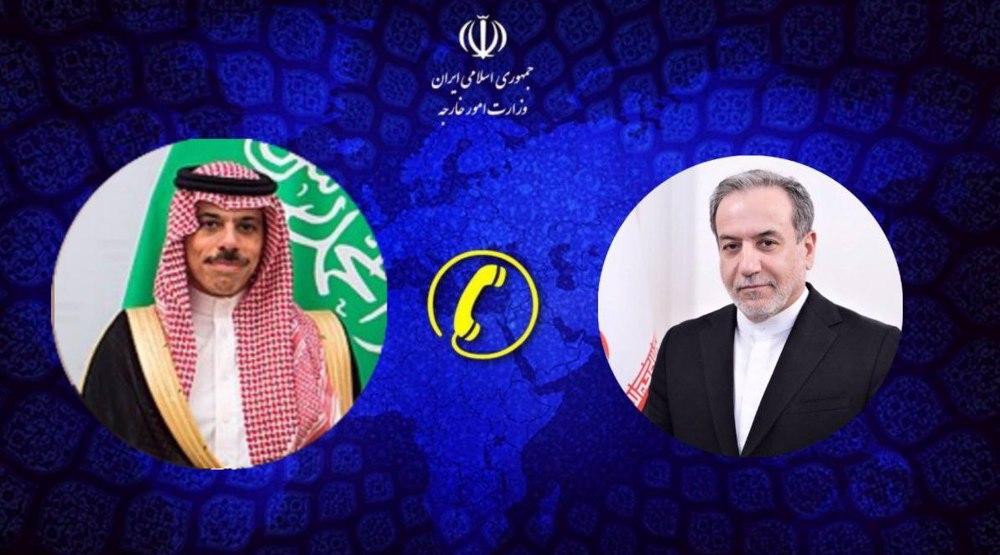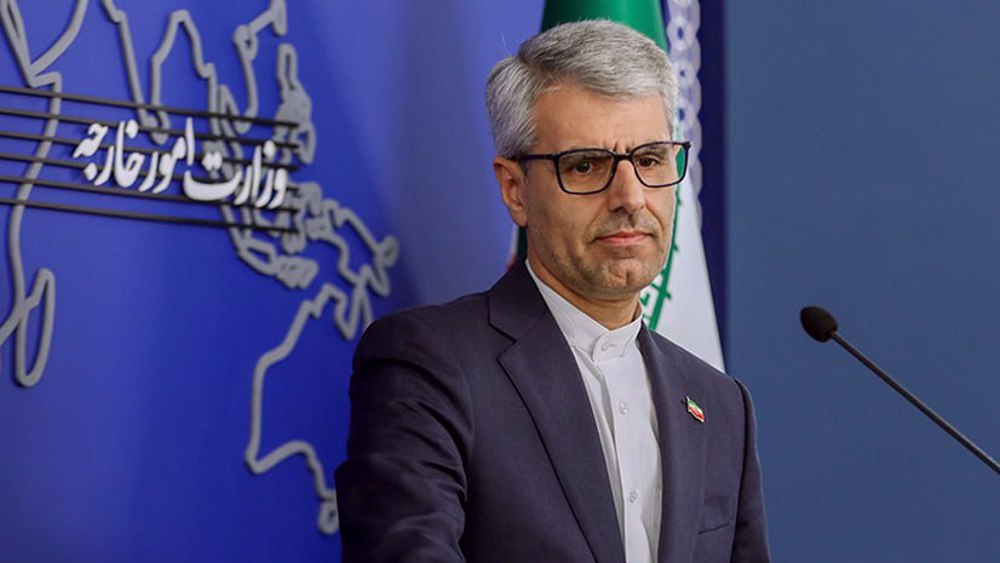US struggles to explain fractious Saudi alliance: Analysis
The United States is facing the “fundamental contradiction” in its alliance with Saudi Arabia, failing to condemn the execution of a prominent Shia cleric, who challenged the kingdom, for fear of undermining the fragile Saudi leadership, according to an analysis.
For years, oil was the bedrock of the relationship between the United States and Saudi Arabia, two nations that share few common values, the New York Times said in a report Monday.
Today, that oil-based mutual dependency that goes back to the early 1930s, when the US began investing in the Saudi oil fields, is becoming increasingly irrelevant as American oil production is surging and the Saudi leadership is running into trouble, the analysis added.
However, the political upheaval in the Middle East and the perception that Saudi Arabia is a major factor in regional stability continue to hold together the fractious alliance.
US officials have privately acknowledged in recent weeks that Saudi Arabia’s human rights abuses as well as widespread civilian casualties from its military intervention in Yemen have raised difficult diplomatic issues.
The recent execution of 47 people, including Shia cleric Sheikh Nimr Baqir al-Nimr, in a style that most Americans associate with Daesh (ISIL) rather than a close US ally (many of them were beheaded by a sword), made it increasingly difficult for the Obama administration to explain the relationship, the Times said.
White House spokesman Josh Earnest said on Monday the administration had warned Riyadh in advance about the damaging consequences that would follow the execution of Sheikh Nimr.
Saudi Arabia announced Sunday that it was cutting diplomatic ties with Iran after the Saudi embassy in Tehran was the scene of angry protests following the announcement of Nimr’s execution.
A US official, speaking to the Washington Post on condition of anonymity, criticized Riyadh for deliberately stoking tensions in the region.
“This is a dangerous game they are playing,” the official told the Post. “There are larger repercussions than just the reaction to these executions,” including damage to “counter-ISIL initiatives as well as the Syrian peace process.”
In fact, the mass executions, which have set off angry protests around the world, were the culmination of a series of events that have strained the US-Saudi relations over the past few years.




“We haven’t been on the same page with the Saudis for a long time,” Martin S. Indyk, the executive vice president of the Brookings Institution and a former top aide to Secretary of State John Kerry, told the Times.
In 2011, Saudi leaders slammed President Barack Obama and his aides for failing to support Egypt’s strongman Hosni Mubarak during the Arab Spring, fearing the same fate might befall the kingdom.
Saudi officials have also questioned whether they could rely on their American ally after the US along with other nations forming the P5+1 group reached a nuclear agreement with Iran, much to the dismay of Riyadh.
The kingdom is worried that the nuclear pact might herald the beginning of a thaw in relations between Washington and Tehran, at a time it is facing crisis.
“The kingdom faces a potentially perfect storm of low oil income, open-ended war in Yemen, terrorist threats from multiple directions and an intensifying regional rivalry with its nemesis, Iran,” said Bruce Riedel, a former senior CIA officer with long experience in the region, according to the Times.

How Bernie Sanders condemns genocide in Gaza without actually condemning it

Iranian FM informs Saudi counterpart about indirect talks

Iran: Second round of indirect talks with US will be held in Oman
Gaza death toll hits 51,000 as Israel presses ahead with genocidal campaign
Iran, Turkey foreign ministers discuss Muscat talks, other regional issues
Harvard president says top university not to yield to federal demands over student rights
VIDEO | Hundreds of Israeli settlers storm Aqsa Mosque as West Bank raids claim another life
Israel-Meta nexus stifles pro-Palestine voices on Facebook, Instagram amid genocide
Iran gears up for largest trade event on upbeat mood
Leader: Indirect Oman talks ‘good’ in early stages but lack of trust 'remains' about other side
US slavery emancipation day celebrated in Washington












 This makes it easy to access the Press TV website
This makes it easy to access the Press TV website